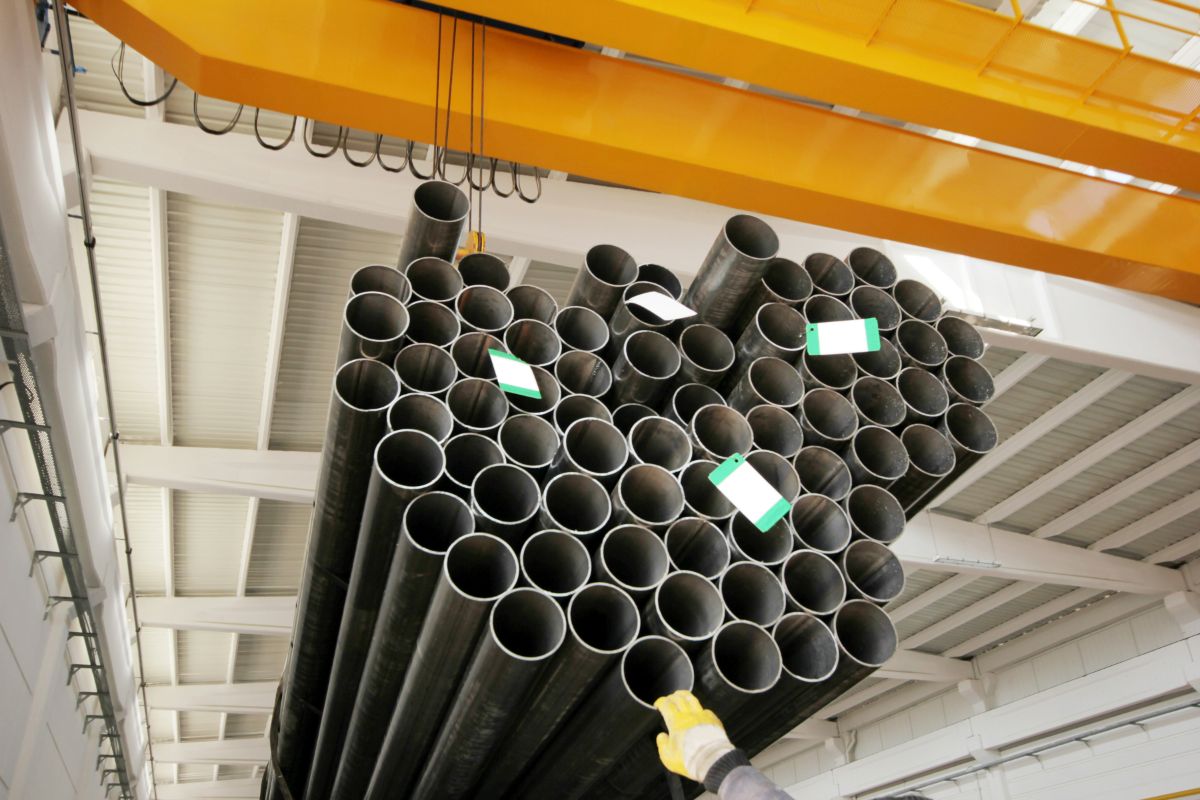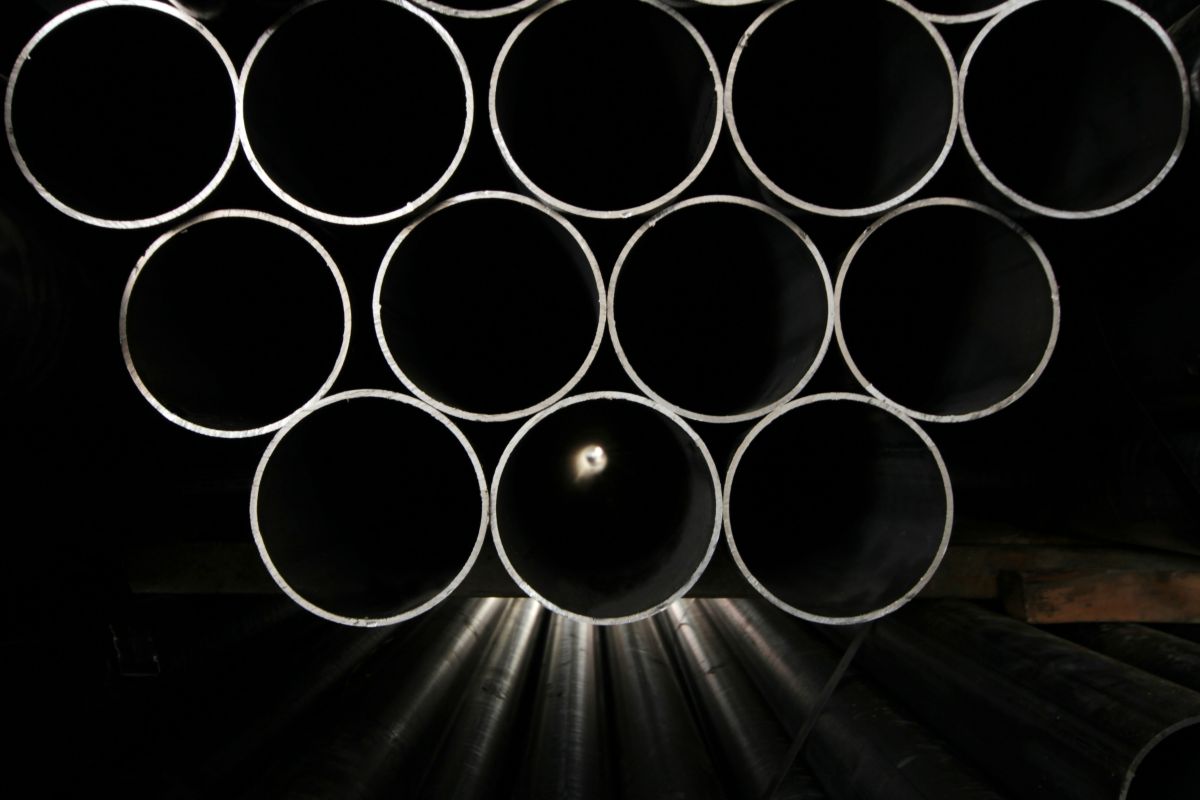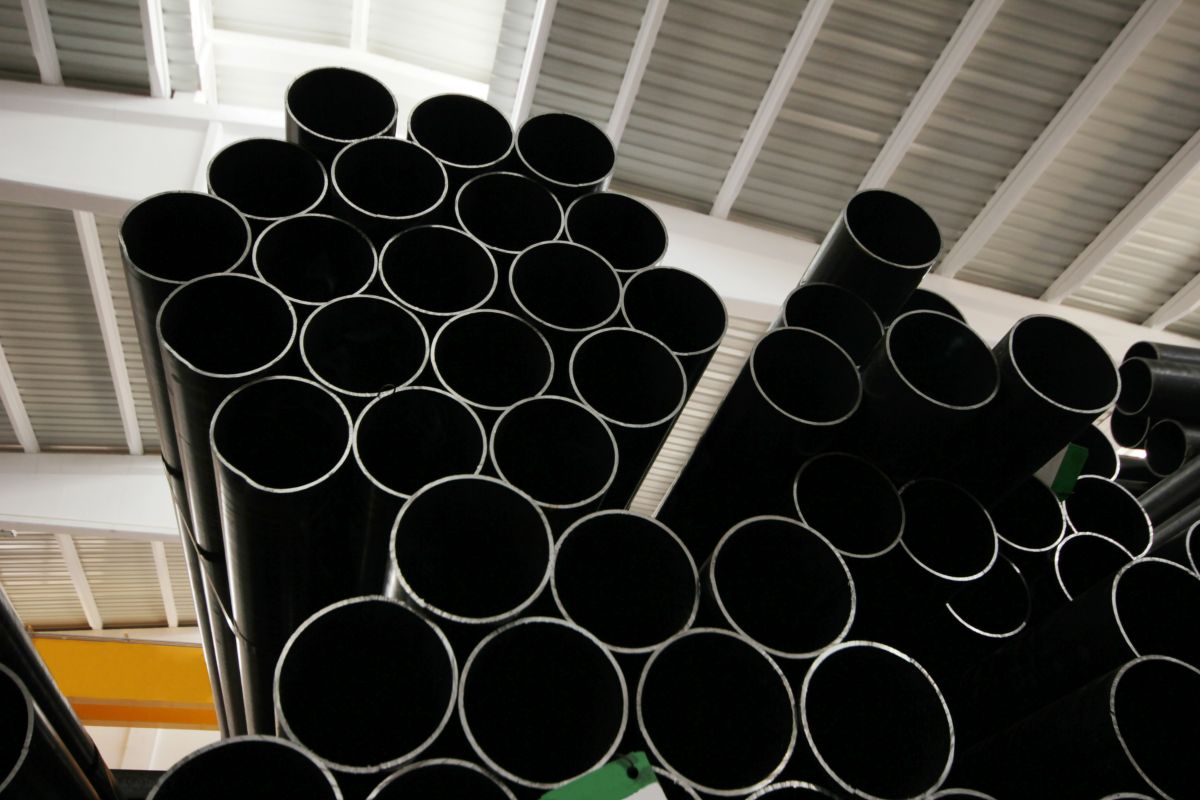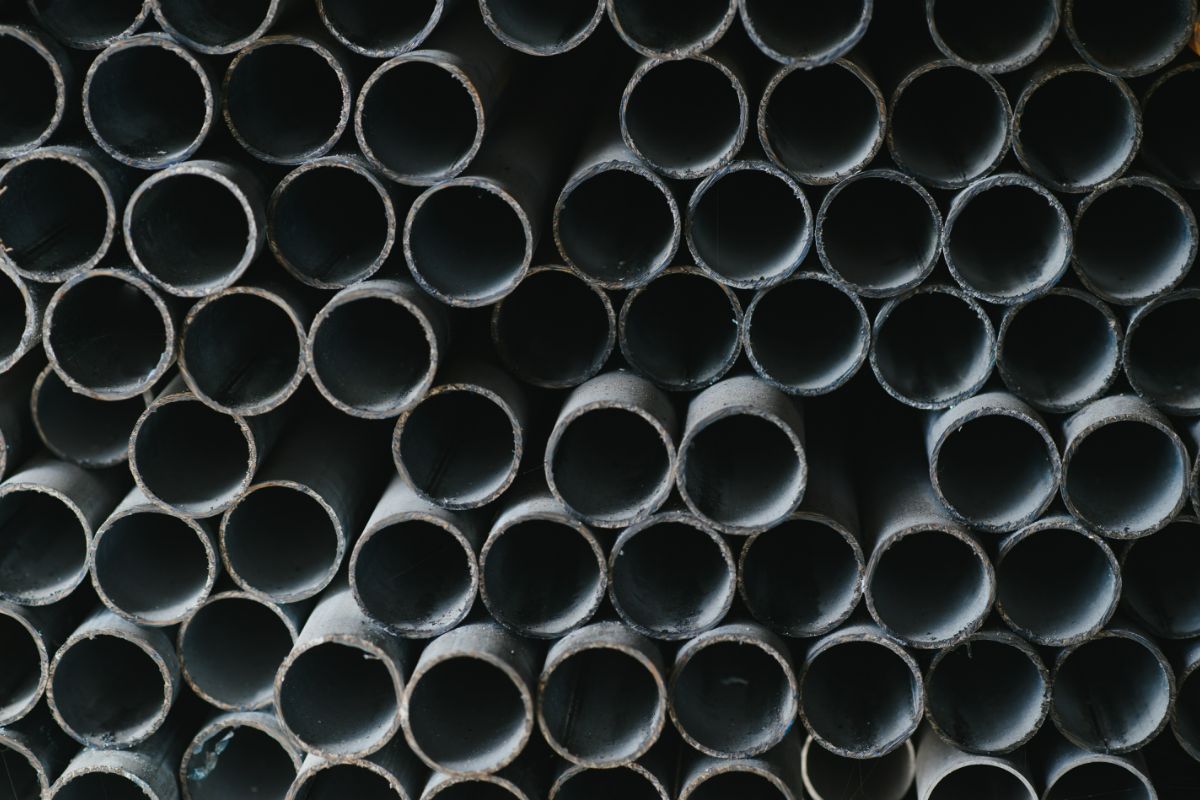
What are PNS Standards for Pipes?
Overview
- This article delves into Philippine National Standards (PNS) for pipes, critical for upholding quality and compliance in the local piping industry.
- Addressing specifications for materials, dimensions, and performance, PNS ensures safety and reliability across diverse sectors including automotive, construction, and energy.
- Supreme Steel Pipe Corp. stands out by offering a range of high-quality pipes that adhere to these standards, guaranteeing durable and compliant solutions for various applications.
Philippine National Standards (PNS) for pipes ensure quality and compliance within the country’s piping industry. These standards encompass comprehensive guidelines that regulate various aspects of pipe maintenance, including materials, dimensions, performance requirements, and testing methods.
With a focus on enhancing safety, reliability, and efficiency, their standards cater to diverse piping qualifications across industries such as automotive, construction, energy, and water treatment facilities.
This article answers the pressing question: What are PNS standards for pipes? By being familiar with these, you will help foster robust and sustainable decision-making in purchasing pipes.
What is a Piping Standard?

It sets specific application designs, construction rules, and requirements for piping components. These standardized rules and guidelines guarantee quality control and consistency in the design, construction, and maintenance of pipe parts, such as elbows, tees, flanges, valves, and more.
Various industries utilizing pipes must meet the piping standard to ensure safety, reliability, and overall performance. As a result, it makes it easier for different systems to work together smoothly, reducing the risk of malfunctions or product breakdowns.
What are the Widely Used Piping Standards in the Philippines?

Unlike the piping codes that focus on entire piping systems, these standards concentrate on specifying regulations on the individual components within the systems.
ASTM A106
The ASTM A106 is the standard specification for seamless carbon steel pipe for high-temperature service. This specifies the requirements for these pipes that are used in high-temperature applications. They are suitable for bending, flanging, and other similar procedures.
They are commonly utilized in oil and gas refineries, power plants, boilers, and ships. This guarantees their reliability and performance in demanding conditions.
ANSI/ASME B16.5
The ANSI/ASME B16.5 focuses on the composition of pipe flanges and fittings made from forged materials. In this standard, the dimensions, tolerances, and materials are the main focus.
Parts such as flange gaskets, flange joints, and flange boltings are included in this standard. This is essential to guarantee that various plumbing components are compatible and connected correctly.
ASTM A234
These are for the material standard that guarantees the correct design, manufacture, and functionality of wrought carbon steel and alloy steel pipe fittings for applications involving moderate to high temperatures. Materials such as socket-wielded pipe fittings are covered by this standard.
You don’t have to search far to find pipes that meet these requirements. We at Supreme Steel Pipe Corp. offer only high-quality standard pipes that adhere to these qualifications. We offer affordable industry-standard black iron pipes, galvanized iron pipes, and water pipes.
Why is Piping Standard Important?

We guarantee only the best and standard-approved pipes in the Philippines to our customers. Here is how we ensure we only deliver quality-assured piping systems.
Safety and Compliance
Compliance with industry regulations and standards is a top priority in steel manufacturing. This strict practice ensures that the pipes are designed, manufactured, and maintained with the safety of the workers and customers in mind.
Reliability and Performance
Following the set guidelines for materials, dimensions, and construction methods is crucial to ensure the reliability and optimal performance of piping systems in various applications. These standards prevent easily avoidable malfunctions such as leaks, corrosion, and other issues that can disrupt operations or damage a finished project.
Uniformity and Compatibility
Ensuring that pipe design and manufacturing practices facilitate compatibility among various piping components and systems is crucial. This approach prevents issues associated with mismatched products, ensuring seamless integration and optimal performance in projects.
Legal and Regulatory Compliance
Adhering to standards and legal requirements is essential for any manufacturing company. Understanding and complying with legal regulations and industry boundaries ensures that products meet established standards while also preventing legal complications and liabilities.
Key Takeaway
While usually unseen, the pipes within our walls and under our feet are essential to any building. Understanding what are the PNS standards for pipes is pivotal to ensuring the conformity and quality of these materials. These are overseen by regulatory bodies, dictating specifications for dimensions, performance, and testing protocols.
As as leading supplier of steel pipes in the Philippines, Supreme Steel Pipe Corp. adheres to PNS requirements, guaranteeing that our products meet rigorous standards for durability, reliability, and regulatory compliance. If you have any quotations regarding our products, you can contact us or check out our website to find your ideal materials today.


